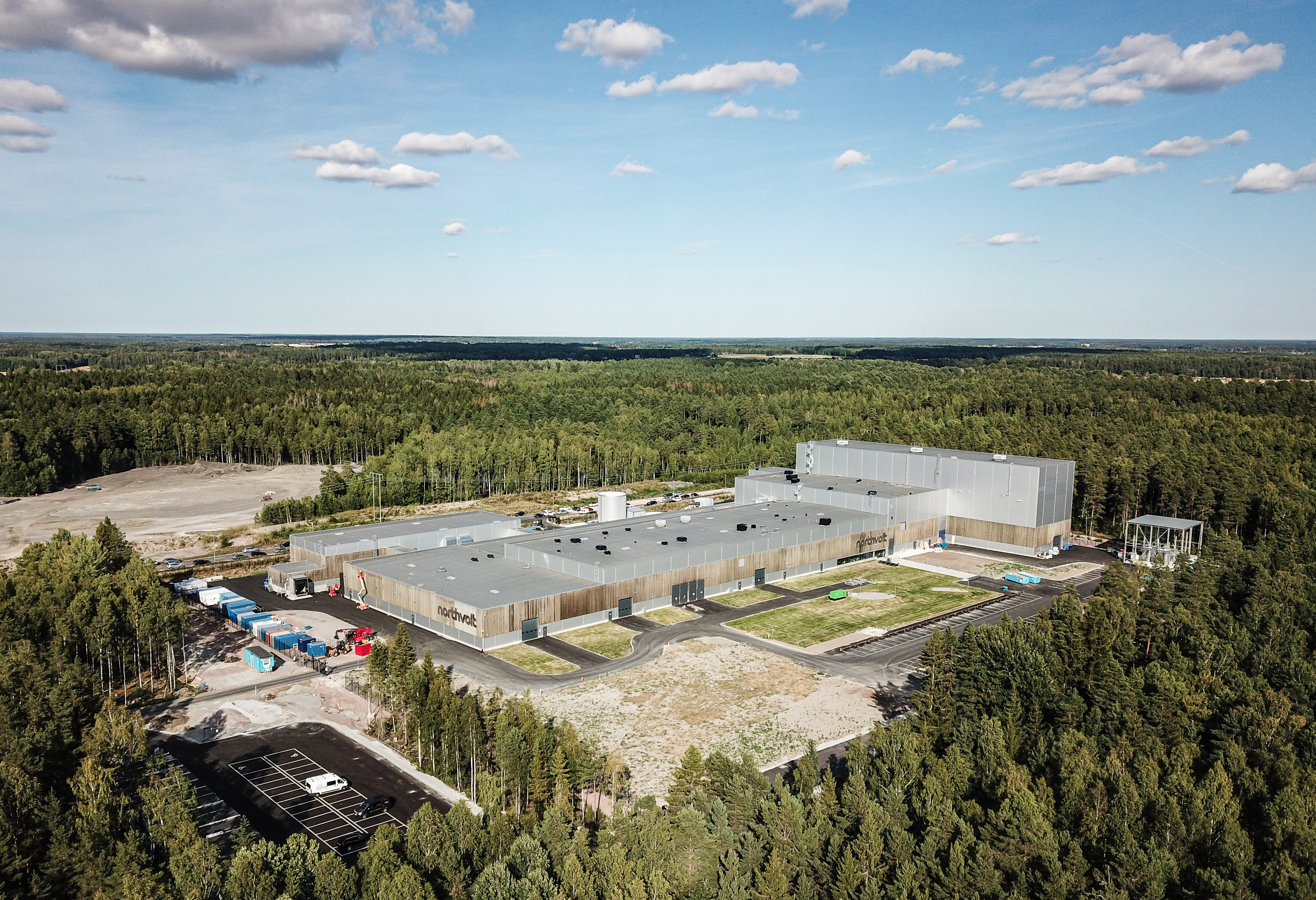$30B
Green investments by 2030
This is our foundation for achieving our climate-related ambitions and supporting the transition through real world decarbonization. Our approach is consistent with the science-backed, global goal of limiting the Earth’s temperature rise to 1.5°C. Our plan recognizes that climate change is one of the most pressing issues of our time, describes our strategies and actions on the pathways to net zero by 2050, and details our approach to managing climate risk and opportunities across our portfolio and asset classes.

As fiduciaries, we will take appropriate actions to understand and, to the extent possible, mitigate and/or price climate-related financial risks, as well as capture new investment opportunities. Such opportunities may include assets transitioning towards or aiding in the transition towards net zero. We incorporate climate change considerations into our investment guidance and decision-making and evaluate on a case-by-case basis where financial exposure to climate-related risks could be material.
Climate change impacts are both asset-specific and collective in nature, OMERS will continue to collaborate with other institutional investors, governments, regulators and other parties with a view to further understand climate change implications for markets and economies in which we invest.
We believe that engaging with our investee companies where climate change presents material risks, and striving to improve overall reporting and transparency, will enhance our understanding of the financial risks posed by climate change on our portfolio.
$30B
Green investments by 2030
20%
Portfolio emissions intensity reduction By 2025
50%
Portfolio emissions intensity reduction By 2030
By 2050; portfolio and operations
Goals every five years
Top 20 WACI contributing portfolio companies expected to have credible net zero transition plans in place by 2030

$21B
Green investments
$2B
Sustainable and green bonds
52%
Portfolio emissions intensity reduction since 2019
$3B
Transition sleeve
To climate change performance measures
We believe that climate change and the expected transition to a lower-carbon economy will affect many industries and sectors, presenting long-term risks and opportunities for the financial returns of our investment portfolio. Risks include those driven by physical and transition climate factors. Opportunities will arise through new types of investments, industries and technologies generated as a result of this transition and adaptation to changing climatic conditions.
We have endorsed the Task Force on Climate-Related Financial Disclosures (TCFD) as we believe it is the most effective standard to deliver the information investors need to assess climate risk and report annually in line with the TCFD framework.
2019 | |
|---|---|
Absolute Emissions (tCO2e) | 4,586,547 |
Carbon Footprint (tCO2e/$M invested) | 57 |
Weighted Average Carbon Intensity (WACI) (tCO2e/$M revenue) | 190 |
2020 | |
|---|---|
Absolute Emissions (tCO2e) | 5,124,998 |
Carbon Footprint (tCO2e/$M invested) | 57 |
Weighted Average Carbon Intensity (WACI) (tCO2e/$M revenue) | 174 |
2021 | |
|---|---|
Absolute Emissions (tCO2e) | 3,939,910 |
Carbon Footprint (tCO2e/$M invested) | 36 |
Weighted Average Carbon Intensity (WACI) (tCO2e/$M revenue) | 129 |
2022 | |
|---|---|
Absolute Emissions (tCO2e) | 3,381,652 |
Carbon Footprint (tCO2e/$M invested) | 30 |
Weighted Average Carbon Intensity (WACI) (tCO2e/$M revenue) | 90 |
2019 | 2020 | 2021 | 2022 | |
|---|---|---|---|---|
Absolute Emissions (tCO2e) | 4,586,547 | 5,124,998 | 3,939,910 | 3,381,652 |
Carbon Footprint (tCO2e/$M invested) | 57 | 57 | 36 | 30 |
Weighted Average Carbon Intensity (WACI) (tCO2e/$M revenue) | 190 | 174 | 129 | 90 |
It is our fiduciary duty to address climate-related financial risk and opportunities through our risk management, due diligence and asset management activities. To do so, we leverage the pillars of our Sustainable Investing approach: integration, collaboration, and engagement.
While the energy transition could significantly impact investments in the extraction and production of fossil fuels, the impacts could be much broader across many economic sectors and industries. Investments could face a number of climate-related risks and opportunities: advances in low-carbon technologies, intensifying climate-related policies, shifts in consumer preferences including reputational impacts, and the physical impacts of climate change. The potential impacts will range in varying degrees, across sectors, regions, timeframes, specific companies and assets.